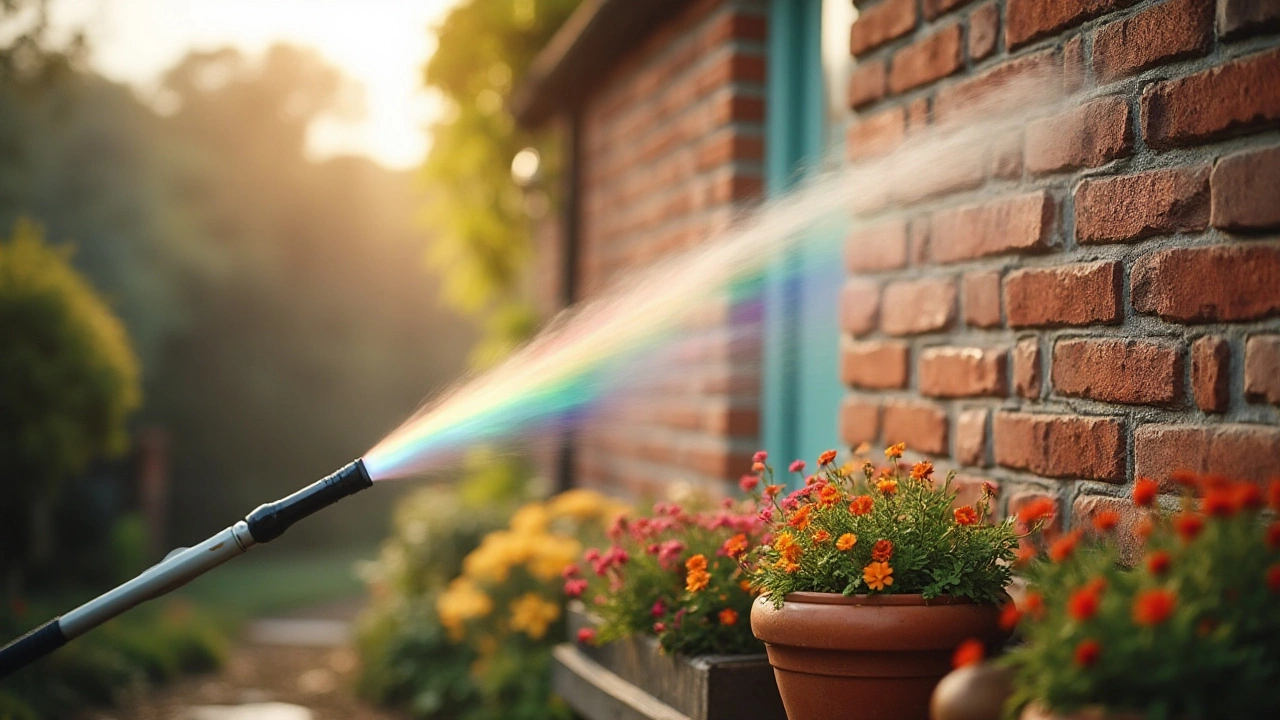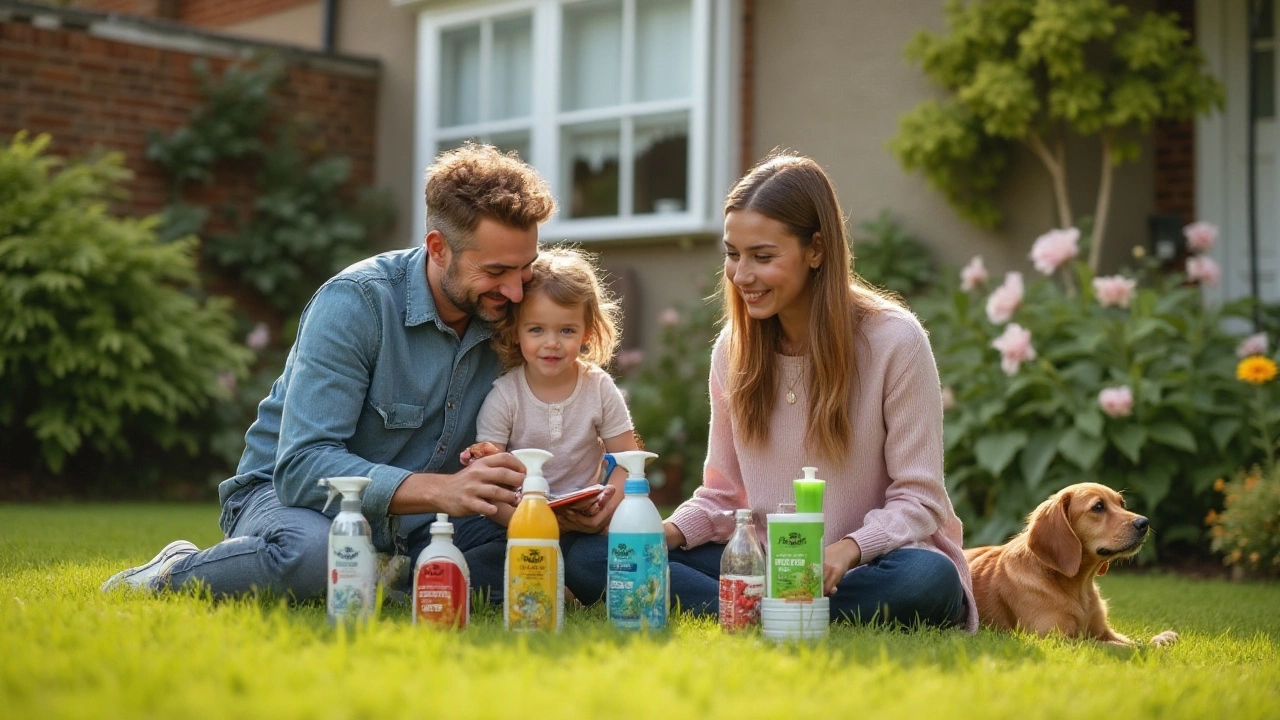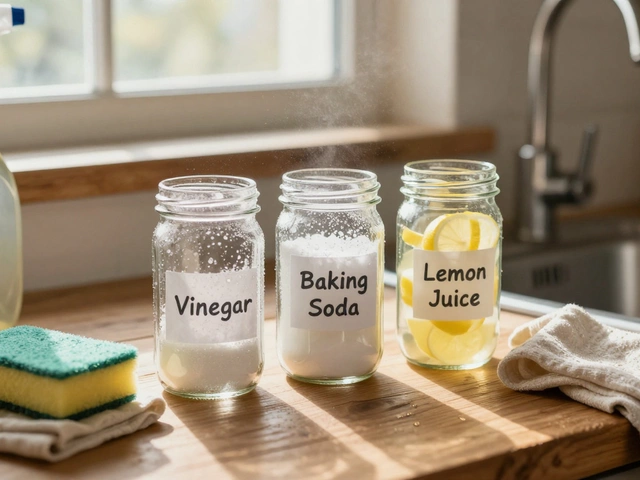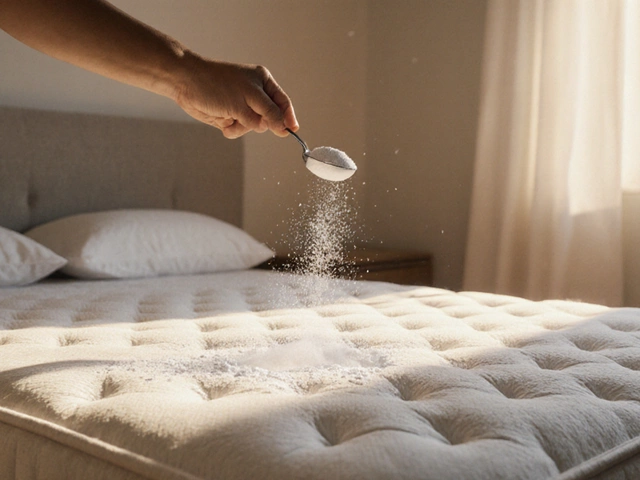When it comes to rejuvenating the exterior of your home, power washing is often the go-to solution. Selecting the right chemical for the job can transform a grimy facade into a gleaming masterpiece while ensuring no harm comes to your surfaces. But, with so many options on the market, knowing what to use can be daunting.
This article aims to demystify the process, offering insights into different chemicals suited for various materials and dirt types. We'll explore both traditional choices and green alternatives, providing you with options that align with performance and environmental consciousness. Safety is also a top priority, so you will learn the essential precautions to take when handling these substances. Let's dive into the world of power washing with confidence and clarity.
Understanding Power Washing
Power washing, a highly effective technique, relies on a combination of high-pressure water and specific chemicals to remove dirt, grime, mold, and other build-ups from surfaces. It's fascinating how this technique has evolved, becoming an indispensable tool for maintaining the cleanliness and integrity of a house's exterior. The process involves understanding the correct amount of pressure and the right type of chemicals to use, depending on the surface material. Each type of surface demands unique care; for instance, a house cleaning approach for painted wood will differ significantly from that of rugged stone. Recognizing these differences is the foundation of successful power washing.
One might wonder about the origins of power washing and its journey to becoming a mainstay in home maintenance. The conception of using pressurized water for cleaning dates back to the mid-20th century, where it was initially a method in industrial cleaning. With technological advancements, power washers have become more accessible and have shrunk in size, making them user-friendly for general homeowners. Nowadays, the market offers a diverse range, from lightweight electric power washers perfect for pressure washing delicate surfaces to brute force gasoline-powered machines reserved for the toughest of cleaning tasks. Understanding when and how to adjust the nozzle’s spray patterns is crucial, as it dictates the precision and safety of the cleaning process.
As we explore the chemistry behind power washing, it’s important to consider the array of chemicals available. These are not merely cleaning agents but specialized solutions designed to tackle specific challenges. Alkaline cleaners, for instance, have gained popularity for their effectiveness in breaking down oils and greases, which often plague driveways or barbeque areas. Meanwhile, acidic solutions are particularly noted for combating mineral deposits and rust. However, selecting the appropriate chemical should always involve a careful assessment of both the target stain and the surface condition to prevent inadvertent damage. A balanced use of chemicals not only ensures effective cleaning but also prolongs the life span of the surfaces being cleaned.
Interestingly, according to a report by the Cleaning Equipment Trade Association, the demand for power washing equipment has seen a steady rise over the past decade, with more homeowners opting to invest in personal devices rather than relying solely on professional services. This trend underscores the necessity of educating users on best practices in order to mitigate risks and maximize efficacy. As a word of caution, despite the ease of accessibility, improper use of power washers can result in unwanted damage, making it essential for users to have a basic understanding of their machines and the chemicals involved. In this light, Daniel Spur, a renowned expert in home maintenance, once remarked,
“A power washer in the wrong hands can do more harm than good; it's about providing the right knowledge to unleash its full potential.”This sentiment acts as a guiding principle in the world of power washing.

Types of Chemicals
Choosing the correct chemicals for your power washing project is crucial for achieving the desired cleaning results without causing damage to your home's surfaces. There are several types of chemicals commonly used in pressure washing, each suited to particular tasks and materials. Let's begin with detergents, the workhorses of the power washing world. These chemical agents are great for breaking down common grime, grease, and dirt, making them perfect for siding, patios, and even driveways. They're often biodegradable, which is a boon if you're conscious about environmental impact.
Then we have surfactants, which act as the superheroes of pressure washing. These compounds lower water’s surface tension, helping it to spread more efficiently and penetrate tougher grime, making cleaning faster and more effective. They’re usually combined with other cleaning agents for that extra kick. When needing to tackle organic stains, such as mildew or mold, special chemicals containing mildewcides or fungicides are employed. These agents kill unwanted organisms and prevent new growth, essential for a long-lasting clean.
Specialized Chemicals
For those stubborn oil stains that just won’t budge, degreasers come into play. Degreasers are highly effective at breaking down oil and grease, which makes them indispensable for cleaning garage floors and driveways. They are, however, more potent than regular detergents, so extra care is needed to handle them correctly. In some regions, local regulations may require specific types to prevent runoff pollution.
"The use of appropriate cleaning agents is pivotal to maintaining the longevity of surfaces. The wrong chemical can deteriorate materials, while the right one can bring the best out of your home's natural beauty," advises John Andrews, a seasoned home maintenance expert.
Acid-based cleaners are another category, typically reserved for removing rust and mineral deposits. As they are quite potent, their use is limited to hard surfaces like brick or stone facades. Their strength demands meticulous handling and thorough rinsing to prevent etching or long-term damage. Each chemical type has its ideal application scenario, making it crucial for homeowners to match the problem with the appropriate solution carefully.
Eco-friendly Choices
Amidst the drive for sustainability, eco-friendly chemicals have gained popularity. Made from natural ingredients, these solvents do not harm the environment and are great for use in areas close to vegetation or water sources. They efficiently remove dirt and stains without leaving toxic residues. Many brands offer certified green options, which promise both effectiveness and peace of mind, ensuring you can maintain your house’s cleanliness while also caring for the planet.
Take a moment to explore the array of options available. When looking into house cleaning agents, it's essential to consider the specific needs of your home’s exterior, whether dealing with wood, vinyl, brick, or painted surfaces. Armed with the right chemical toolkit, your power washing endeavor will be both safe and rewarding, ensuring your home shines as brightly as your commitment to careful maintenance.

Safety Tips for Homeowners
Stepping into the realm of power washing, especially when it's your house in question, demands a good grasp of safety protocols. An essential first step is understanding the potential hazards. While power washing can effectively remove grime, the pressure level of the equipment and the chemicals used can present risks. Before you begin, familiarize yourself with your machine's pressure settings and attachments. Too much pressure can damage surfaces such as soft wood or vinyl, so it's critical to test a small, inconspicuous area.
Knowing how to handle cleaning chemicals safely is another key component. Always read the labels thoroughly before mixing any solutions. Many power washing detergents are potent and require protective gear like gloves and goggles. If bleach-based solutions are being used, ensure proper ventilation or choose to work on a windy day to avoid inhaling fumes. An eminent cleaning expert once noted,
"Using household-style pressure washers without protective equipment is like riding a motorbike without a helmet."This rings true if you've ever seen the damage these tools can inflict.
Another consideration is the surroundings of the area you'll be cleaning. Protect your garden plants or the home interior from chemical overspray by using tarps or waterproof sheathing. Inform family members and pets to stay clear of the active area to prevent accidents. It's also wise to keep an emergency kit nearby; preparation is key for handling unexpected hiccups. Though many may look at the task as straightforward, neglecting these details can turn a simple wash into a costly error.
Pressure washing also requires you to think about electrical safety. Wet conditions combined with electrical outlets or extensions close by can pose shock hazards. Keep all electrical equipment away from the spraying path and make sure any exterior outlets are covered. Disconnecting garden lights or plugging into directly encased outlets can be smart moves to sidestep any unintended power interruptions. Ensuring the ground you're working on isn’t slippery after wetting it takes the chore from risky to secure.
In sum, effective preparation and understanding both the equipment and the chemicals are what separate a successful DIY house cleaning project from a potential mishap. Weather conditions play a significant role too, so a dry, cool day is preferable for such jobs. Alertness to these various factors and respecting the power of your tools can ensure a safe and efficacious cleaning experience. Safety measures, as tedious as they might seem beforehand, pave the path for a straightforward and satisfying workday.

Eco-friendly Alternatives
As environmental awareness spreads, many homeowners are seeking more sustainable ways to keep their properties spick and span. When it comes to power washing, there are several eco-friendly alternatives that don't sacrifice cleanliness for the sake of being green. One popular choice is to use power washing solutions made from all-natural ingredients, as they pose no risk of harming local flora or fauna. These solutions often rely on the natural cleaning power of ingredients like vinegar, citric acid, and essential oils, which can effectively remove dirt and grime with minimal environmental impact.
A great starting point is to concoct your own natural cleaner using common household items. A mixture of white vinegar and baking soda, combined with a few drops of lemon essential oil, can work wonders on mold and mildew. This blend has the capability to break up dirt and kill bacteria without leaving behind any toxic residue. Some eco-conscious homeowners have found great success using enzymatic cleaners derived from plant compounds, which can digest organic debris and eliminate odors on surfaces.
Celebrities like Leonardo DiCaprio have often advocated the use of environmentally friendly products, reminding us all that every small step counts in the bigger picture of sustainability.
An effective and increasingly popular alternative to harsh chemicals in house cleaning is the use of pressure washing with just water. Advanced power washers today are designed to exert precision control over water pressure, allowing them to deliver powerful cleaning using nothing but high-pressure water. Although this method's effectiveness can vary depending on the material and type of stain on the house, it remains a commendable, guilt-free option. Combining these methods with the use of surfaces with natural coatings that inhibit grime accumulation can further reduce the need for frequent power washing.
When evaluating best chemicals for the job, consider purchasing from companies that place a strong focus on green manufacturing. Many brands now offer certifications on their labels indicating compliance with biodegradable and eco-friendly standards. Supporting these products helps promote a cleaner environment and encourages more companies to switch to sustainable practices. Some brands even provide detailed information about their ingredients, making it easier for consumers to vote with their wallet. For anyone ready to make the switch, bringing in the professionals who specialize in eco-friendly cleaning can also ensure that the process is done correctly.




